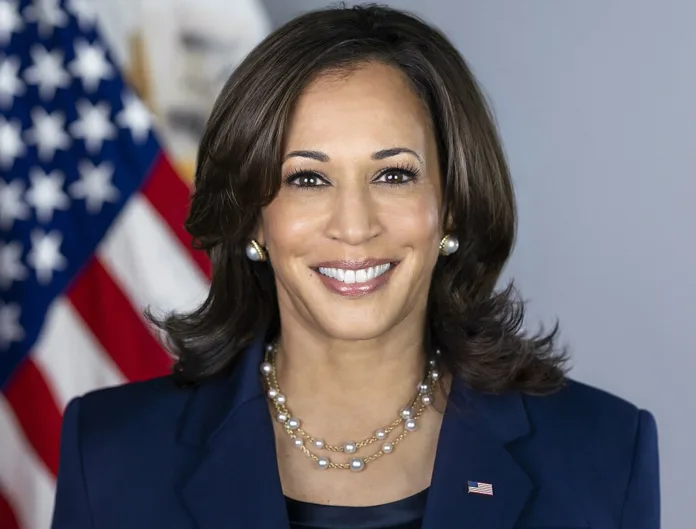As the presidential race tightens, Vice President Harris aims to re-energise black male voters with new economic initiatives and commitments to representation
With less than a month remaining before the pivotal US presidential elections, Vice President Kamala Harris is making a concerted effort to rekindle support from Black men, a demographic that has seen a significant decline in backing. In a bid to energise this crucial voting bloc, she announced an “opportunity agenda for Black men” on Monday, detailing economic proposals designed to empower and engage them ahead of the November 5 election against Republican challenger Donald Trump.
The new agenda features several key initiatives, including $1 million in forgivable small business loans aimed specifically at Black entrepreneurs. Additionally, Harris pledged to legalise recreational marijuana, ensuring that Black-owned businesses have access to this emerging industry. The announcements come at a critical juncture, as the Harris campaign grapples with slipping support from Black men, whose backing has fallen sharply since the last election.
Recent polling data reveals that support among Black male voters for Harris stands at just 70 percent, a notable drop from the 85 percent who backed President Joe Biden in the previous election cycle. Younger Black men, in particular, have increasingly distanced themselves from the Democratic Party, voicing frustrations that their unique experiences and challenges are often overlooked in policy discussions compared to those of other demographic groups.
Embed from Getty ImagesSignificantly, a recent NAACP poll indicated that over a quarter of young Black men expressed support for Trump, signalling a worrying trend for the Democrats. As Trump courts Black voters by framing immigration as a threat to job opportunities, the uncertainty regarding where disenchanted voters might turn—whether to Trump or simply opting out of voting altogether—poses a significant challenge for the Harris campaign.
In light of these developments, the Harris campaign released a statement emphasising that “Black men have long felt that too often their voice in our political process has gone unheard.” The statement acknowledged the “untapped ambition and leadership” present within the Black male community, aiming to highlight the potential for change and empowerment through the proposed agenda.
Beyond small business initiatives and marijuana legalisation, Harris’s proposals also include enhancing access to the cryptocurrency market for Black Americans, recognising the importance of emerging financial technologies. Furthermore, the campaign announced a national health equity initiative specifically focused on Black men, addressing health disparities such as sickle cell anaemia, which disproportionately affects this demographic.
Harris’s efforts come as part of a broader strategy to reclaim lost support among Black voters, which has become increasingly crucial given the shifting dynamics of the electoral landscape. In her campaign appearances, Harris has been actively engaging with various voter groups, including Latino voters, to build a coalition capable of countering Trump’s appeal.
As the election approaches, the pressure mounts on Harris to demonstrate her commitment to addressing the needs and aspirations of Black men, who have historically been a vital constituency for the Democratic Party. With the stakes high and the clock ticking, her “opportunity agenda” represents both a promise and a challenge as she seeks to galvanise support in a fiercely competitive race.
The upcoming weeks will be critical for the Harris campaign, as she navigates the complexities of voter sentiment and works to re-establish trust and connection with a demographic that feels increasingly alienated. As she rallies her base, the outcome of this election may well hinge on her ability to effectively communicate her vision for a more inclusive future.
